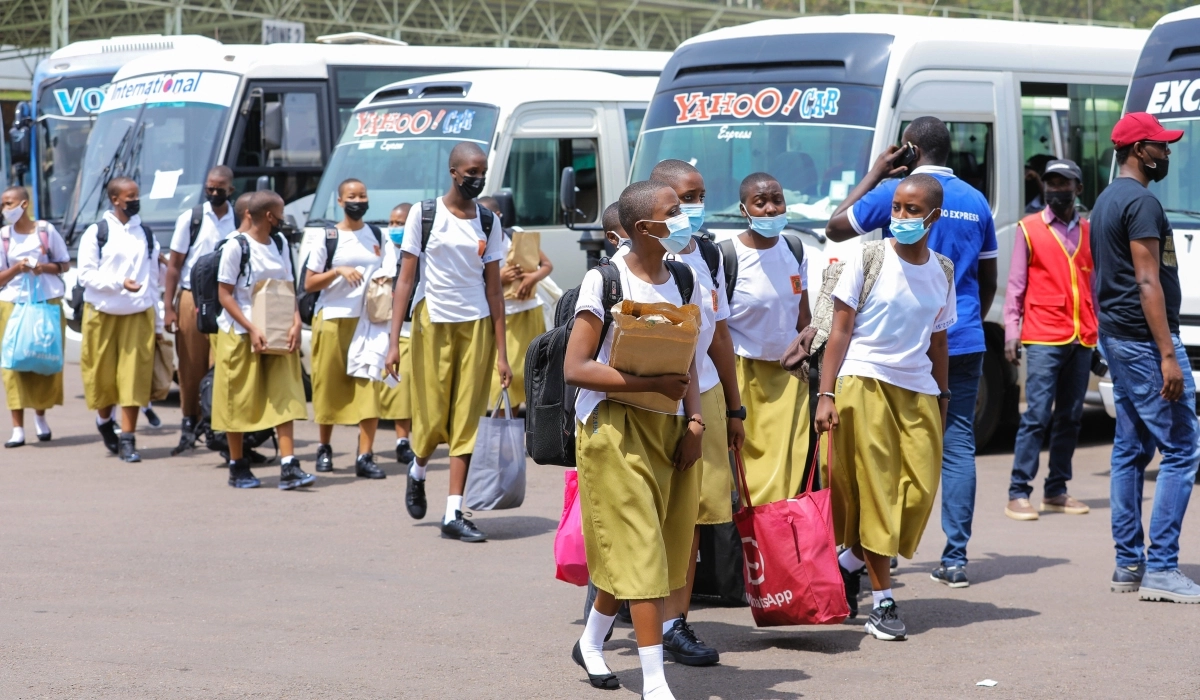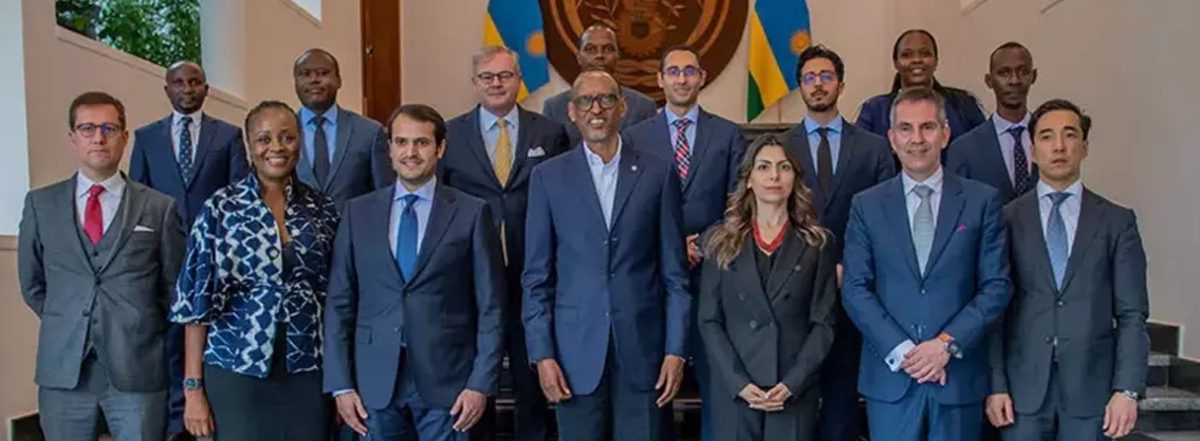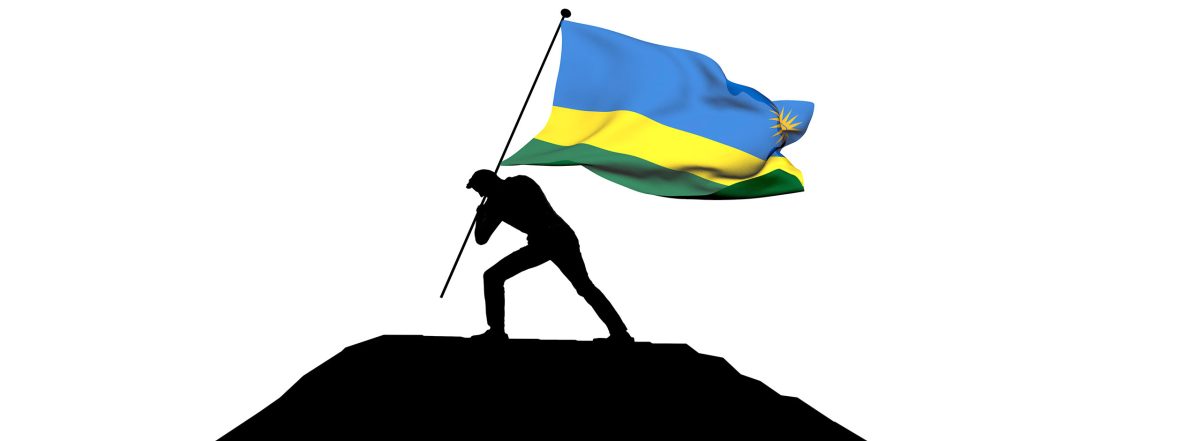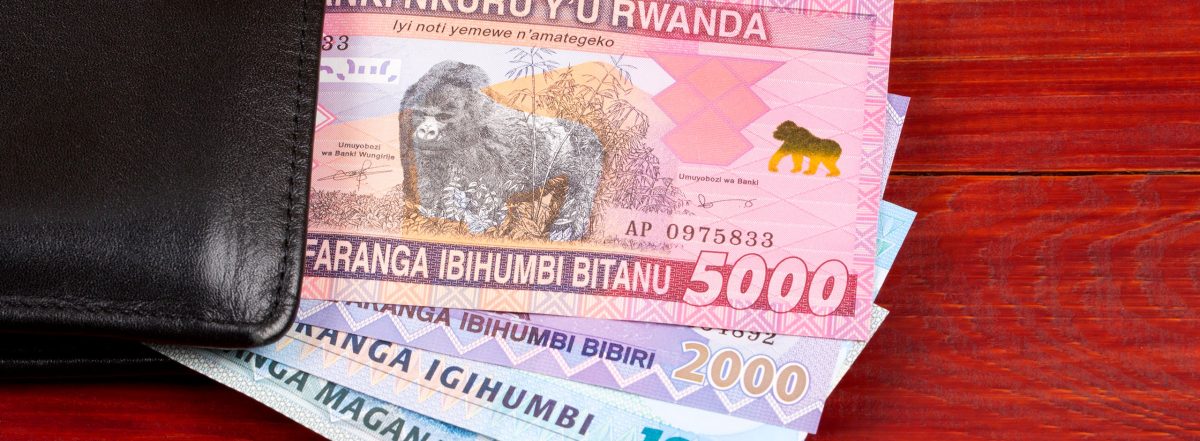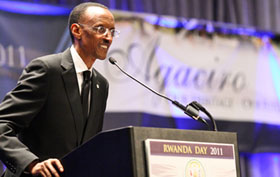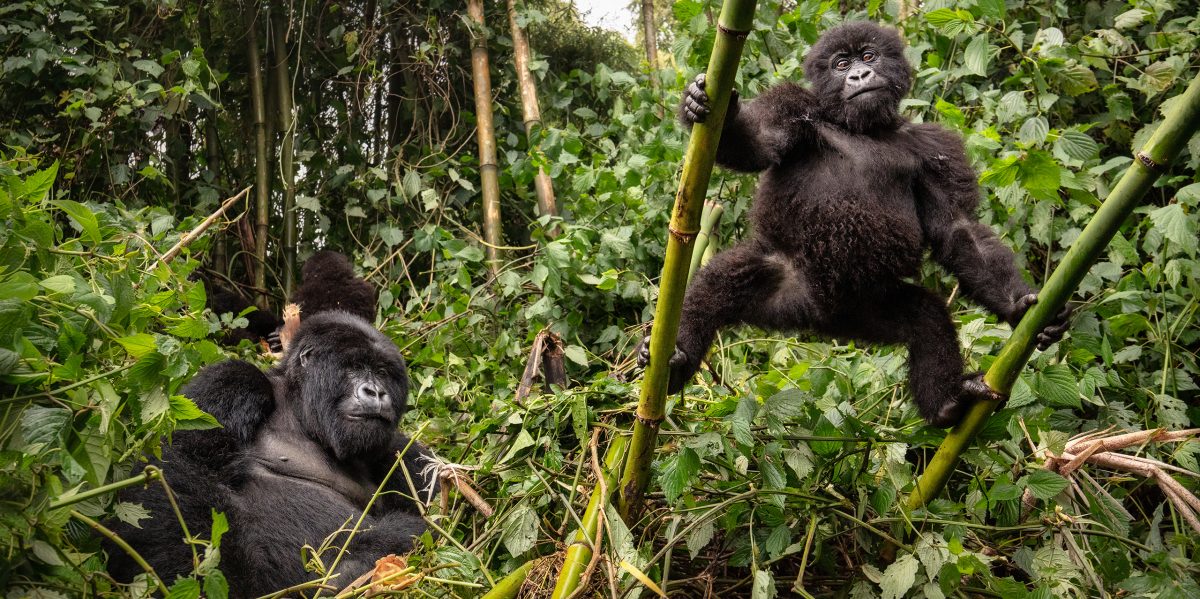
Emmanuel Ntirenganya
Thursday, August 10, 2023
The Cabinet last week approved the draft law governing privatisation, which seeks to replace the existing law that was enacted 27 years ago for better results, information from the Ministry of Public Investments and Privatisation (MININVEST) indicates.
The bill proposes “changes that will facilitate efficiency, and transparency along the process of privatising State Owned Enterprises and State-owned shares in other corporations, with the aim of improving productivity of Rwanda’s resources,” Protogene Zigirababiri, a legal analyst at MININVEST told The New Times.
ALSO READ: Why Rwanda has changed the policy on privatisation
Talking about the rationale for the draft law, Zigirababiri indicated that the existing law governing privatisation was enacted in 1996, yet there have been tremendous advancements in both public and private investments.
Generally, the provisions of the existing law were not sufficient to cater for the entire process of privatisation. As such, a number of provisions were added so as to have a coherent law.
The following are key highlights (changes) in the bill.
1. Establishment of privatisation entities
The draft law provides the establishment of a committee in charge of privatisation.
In addition to that, the draft law provides for a transaction team. The team is composed of personnel from different institutions bringing the required expertise to facilitate the privatisation process.
The draft law seeks to make it possible to have an organ in charge of privatisation. This organ, together with the privatisation committee, prepares the list of State-owned companies and shares to be privatised. It also serves as a privatisation secretariat.
2. Protection of public interests through ‘Golden shares’
The draft law provides for Golden shares which is the capital of a privatised State-owned company issued to the Government which carries such special rights as provided in the articles of association of such a company and enables the Government to protect public interests.
A golden share is a type of share that gives its shareholder veto power over changes to the company’s charter, according to Investopedia. It holds special voting rights, giving its holder the ability to block another shareholder from taking more than a ratio of ordinary shares.
3. Repossession of a State-owned company
The Government reserves the right to repossess a privatised State-owned company if the owner of the company fails to meet the agreed obligations as provided under the privatisation agreement, the bill proposes. The draft law provides for repossession modalities.
4. Pre-privatisation actions
Pre-privatisation aspect was also considered and the law provides for activities that must be carried out before entering into privatisation. Among others, there is legal audit, financial audit, valuation and pre- privatisation restructuring.
The current law does not provide for pre-privatisation activities, yet it informs the value of the company to be privatised.
ALSO READ: Govt to upgrade community-based factories before privatization
5. Fundamental principles of privatisation
Fundamental principles of privatisation and different methods of privatisation have been well developed in the draft law, as indicated by MININVEST.
They include transparency; fairness and inclusiveness; efficiency and sustainability; and value for money.
In the existing law, there were no fundamental principles, yet the [privatisation] process must be guided by principles.
https://www.newtimes.co.rw/article/9804/news/law/rwanda-reviews-27-year-old-privatisation-law-whats-new
. Photo by Sam Ngendahimana


